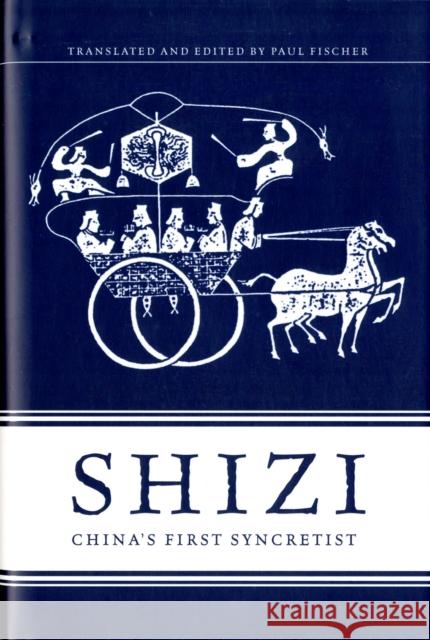Shizi: China's First Syncretist » książka
topmenu
Shizi: China's First Syncretist
ISBN-13: 9780231159067 / Angielski / Twarda / 2012 / 256 str.
By blending multiple strands of thought into one ideology, Chinese Syncretists of the pre-imperial period created an essential guide to contemporary ideas about self, society, and government. Merging traditions such as Ruism, Mohism, Daoism, Legalism, and Yin-Yang naturalism into their work, Syncretists created an integrated intellectual approach that contrasts with other, more specific philosophies. Presenting the first full English translation of the earliest example of a Syncretist text, this volume introduces Western scholars to both the brilliance of the syncretic method and a critical work of Chinese leadership.
Written by Shi Jiao, China's first syncretic thinker, during the Warring States Period of 481 to 221 BCE, Shizi is similar to Machiavelli's The Prince in that it dispenses wisdom to would-be rulers. It stresses the need for leaders to be detached and objective. It further encourages self-cultivation and effective government, recommending that rulers maintain self-discipline, hire reliable people, delegate power transparently, and promote others in an orderly fashion. The people, it is argued, will emulate their leader's wisdom and virtue, and a just and peaceful state will result. Paul Fischer provides an extensive introduction and a chapter-by-chapter summary and analysis of the text--outlining the importance of syncretism in Chinese culture--and explores the text's particular features, authorship, transmission, loss, and reconstruction over time. The Shizi set the stage for a long history of syncretic endeavor in China, and its study provides insight into the vital traditions of early Chinese philosophy. It is also a template for interpreting other well-known works, such as the Confucian Analects, the Daoist Laozi, the Mohist Mozi, and the Legalist Shang jun shu.










